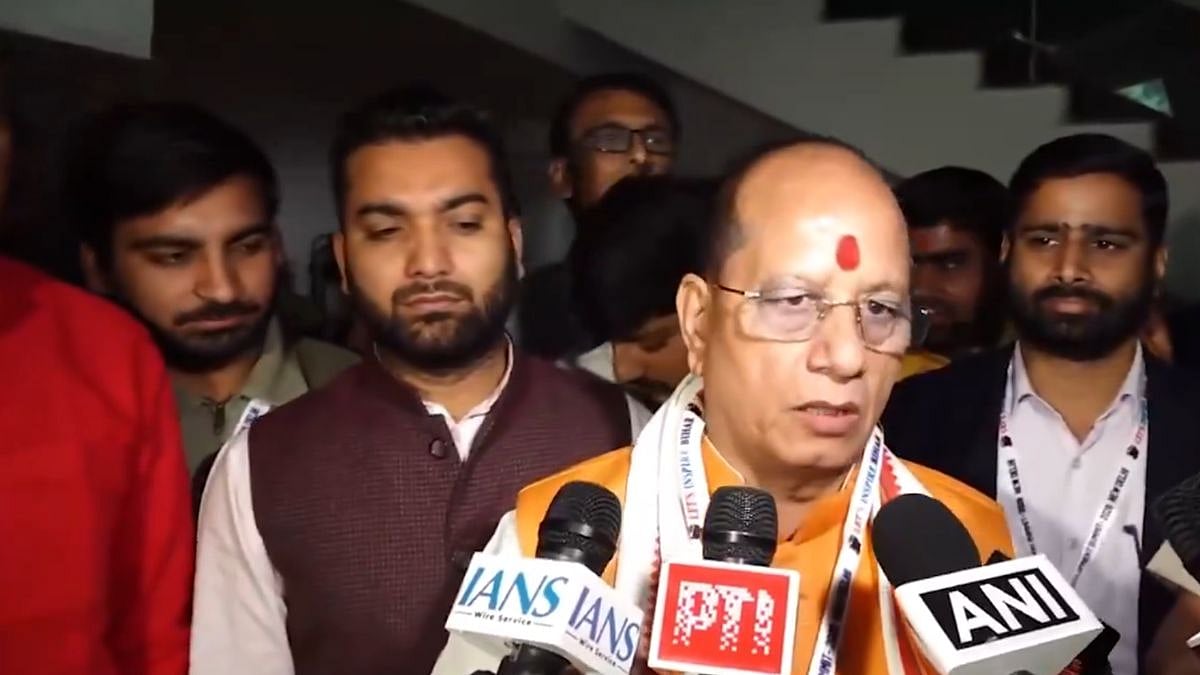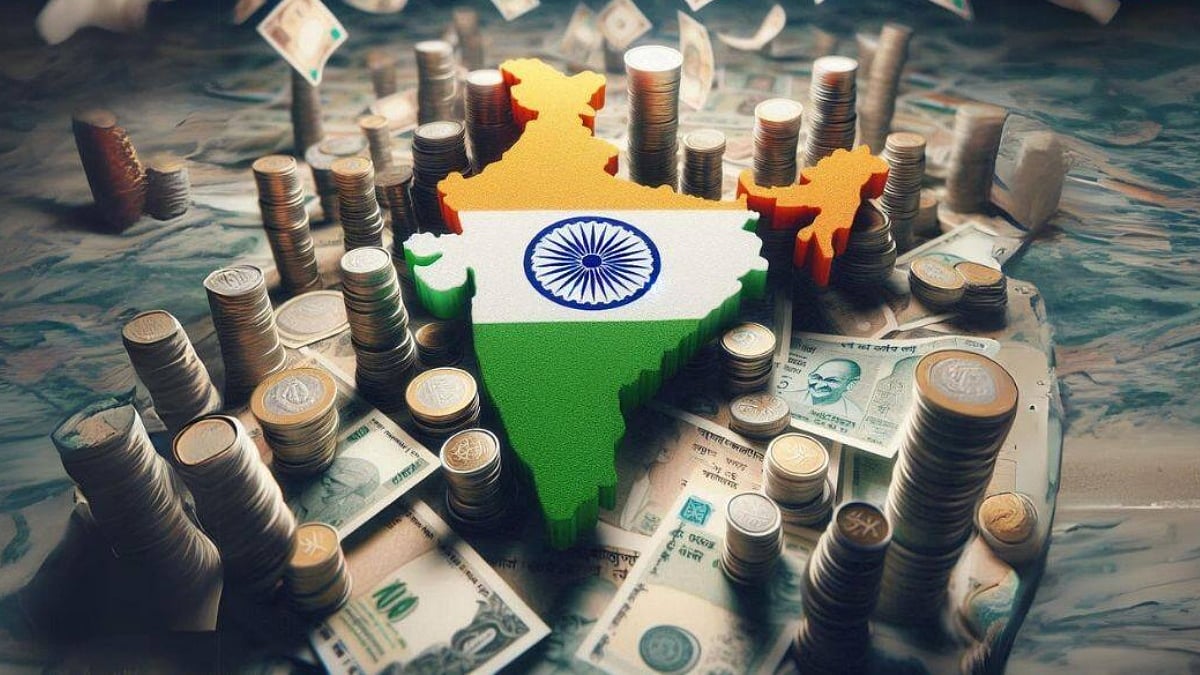Henry Kissinger was a once-in-a-generation diplomat who worked with President Nixon to change the course of history. His observations about Napoleon and Bismarck were not only brilliant but also a lesson for modern leaders on how to conduct their foreign policies.
Kissinger writes, “Napoleon’s tragedy was that his ambitions surpassed his capacities; Bismarck’s tragedy was that his capacities exceeded his society’s ability to absorb them.”
Kissinger was scathing in his assessment of the two great leaders and blamed both of them for the tragedies that Germany and France had to go through later, after they were gone. Kissinger hinted that a country can progress in the right direction if there is a balance between the capacities of the leader and the ambition of the nation.
India at the moment is going through a crisis in the foreign policy domain due to a serious mismatch between the capacities of the leader and the ambition of the nation. The country is told on a daily basis that India has arrived at the world level and is moving fast to become a vishvaguru and that Modi is on the path to make the country great again.
There is hardly any objective assessment as to whether the country is on the right track or not. Pahalgam and Operation Sindoor have put a serious question mark on India’s foreign policy.
Despite the huge shindig about India’s emergence in the last ten years as a global player, created with the help of propaganda and media, India finds itself orphaned at the global high table, totally isolated and friendless. Even its best friend Russia decided to keep quiet during Operation Sindoor and, later, was heard calling ‘Pakistan a natural ally’ and a partner.
India today finds itself hanging between two superpowers, not knowing which one should be trusted. Under Narender Modi’s tenure, India has tried hard to get closer to both the USA and China but found itself betrayed and sullied.
While the Prime Minister was seen asking for votes for Trump, he was also seen sitting with the Chinese supreme leader on a swing. If Trump did not miss an opportunity to embarrass his friend Modi after winning the elections, then Xi Jinping’s army clashed with Indian soldiers at Galwan and during Operation Sindoor was fighting a proxy war for Pakistan.
This shows how India badly misjudged both the leaders and forgot that foreign policy is not about friendships but about furthering national interests. If Modi believed that his personalised style of diplomacy would enhance India’s global stature, then he was gravely mistaken, as it backfired on us.
Today, India is in such a dire state that it has to send delegations to different countries to make them understand that Pakistan is a rogue state and sponsors terrorist activities in India. Yet, nobody believes us. The USA invited the Pak army chief for lunch at the White House, and an American general was heard calling ‘Pakistan a phenomenal partner in the fight against terrorism’.
Despite India’s best efforts, Pakistan is vice chair of the counter-terrorism committee of the United Nations. Pakistan is also the president of the UN Security Council for the month of July. Pakistan, today, is happily in the good books of both the USA and China, and Russia is willing to do business with it. The question that also needs to be asked is, why are Indian troops not welcome in the Maldives?
Bangladesh, in whose creation India played a pivotal role, today feels more comfortable in the company of China, with anti-India emotions running high there. India has failed to take a stand when genocide is happening in Gaza.
The Modi government was seen vacillating when war broke out between Israel and Iran. India missed a great opportunity to mediate between Ukraine and Russia. It antagonised the West by buying cheap oil from Russia despite sanctions, and the European Union was upset when the Indian foreign minister, S Jaishankar, was seen whining that ‘India does not need preachers but partners’.
There was a time when India was seen as a beacon of ethical diplomacy. It never flinched from taking a clear stand on global issues. Even when it was trying to have good relations with Israel in the past, it supported the Palestinian cause of its sovereign existence. But for some mysterious reasons, the Modi government decided to “abstain from voting during the United Nations General Assembly resolution for a ceasefire in Gaza”.
With Iran, we have had civilisational relationships for centuries, but when Israel unilaterally attacked Iran, India did not participate in the discussion condemning the attack in the SCO Summit. Sonia Gandhi severely criticised the Modi government on the issue.
After the USA attacked Iran’s nuclear sites, the Prime Minister spoke with the Iranian president, Masoud Pezeshkian. But the phone call was made from Tehran. Our relationship with Canada in the past few years has been at its lowest. India had to embarrassingly wait for a formal invitation for the G-7 Summit, hosted by Canada last month, till the last minute. And with the change of government in Canada, one can only hope for better ties.
Every prime minister has a right to re-design his foreign policy coinciding with the changing needs of the country in the global context. Modi is no exception. He is an ambitious politician supported by an equally ambitious ideology and organisation. But if foreign policy is designed to suit domestic political interests and cater to ideological compulsions, then one does wonder if India is on the right path.
And then I am reminded of the words of Kissinger. While writing about Napoleon, he wrote, “Napoleon made himself a prisoner of the purely tactical, focussing on short-term objectives and immediate results, seeking to impress his public by magnifying the pressures he had set out to create. In the process, he confused foreign policy with moves of a conjurer.

For, in the end, it is reality, not publicity, that determines whether a leader has made a difference. The public does not in the long run respect leaders who mirror their own insecurities or see the symptoms of crisis rather than long-term trends.”
The writer is Co-Founder, SatyaHindi.com, and author of Hindu Rashtra. He tweets at @ashutosh83B




